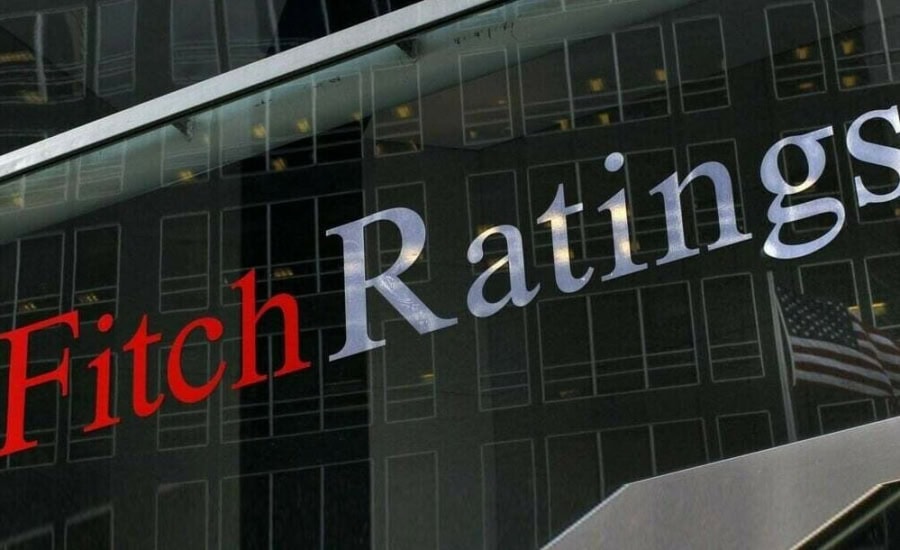ISLAMABAD – Political uncertainty in the aftermath of February 8 polls may complicate Pakistan’s efforts to secure a new financing agreement with the International Monetary Fund (IMF) after expiry of Stand-By Arrangement (SBA) next month, says Fitch Ratings on Monday.
As per the global rating agency, an extended negotiation or failure to secure IMF program will enhance external liquidity stress and raise the probability of default.
As per the media reports, Pakistan’s net foreign reserves reached $8 billion as of 9 February 2024, up from a low of $2.9 billion on 3 February 2023.
Pakistan met less than half of its $18 billion funding plan in the first half of the current fiscal year, excluding routine rollovers of bilateral debt.
Fitch Ratings said that Pakistan’s vulnerable external position means securing financing from multilateral and bilateral partners will be one of the most urgent issues on the agenda for the next government.
Fitch said that the upcoming government is set to be the PML-N and PPP coalition despite the strong performance by independent candidates of PTI.
It said that negotiating a successor deal to the SBA and adhering to the policy commitments under it will be critical to most other external financing flows, not just from the IMF, and will strongly influence the country’s economic trajectory in the longer term.
The current SBA is an interim package and any successor arrangement would come with tougher conditions. However, any resistance will be overcome, given the acute nature of the country’s economic challenges and the limited alternatives.
However, continued political instability could prolong any discussions with the IMF, delay assistance from other multilateral and bilateral partners, or hamper the implementation of reforms.
It said that public discontent could rise further if PTI remains sidelined.
Fitch believes that Pakistan’s external finances will remain structurally weak until and unless it develops a private sector that can generate greater significantly more export income, attract FDI or reduce import dependence.










